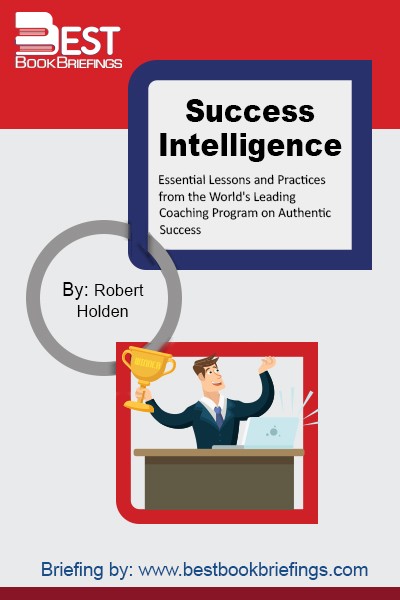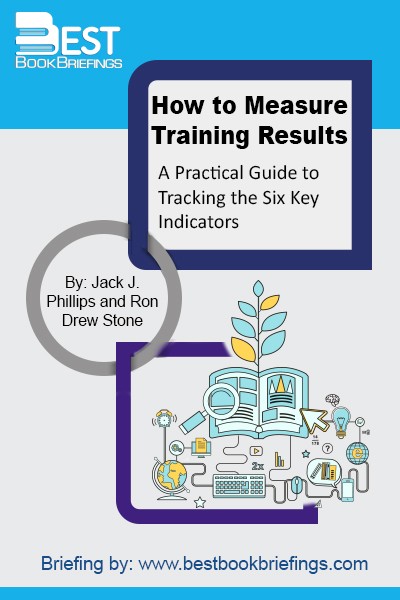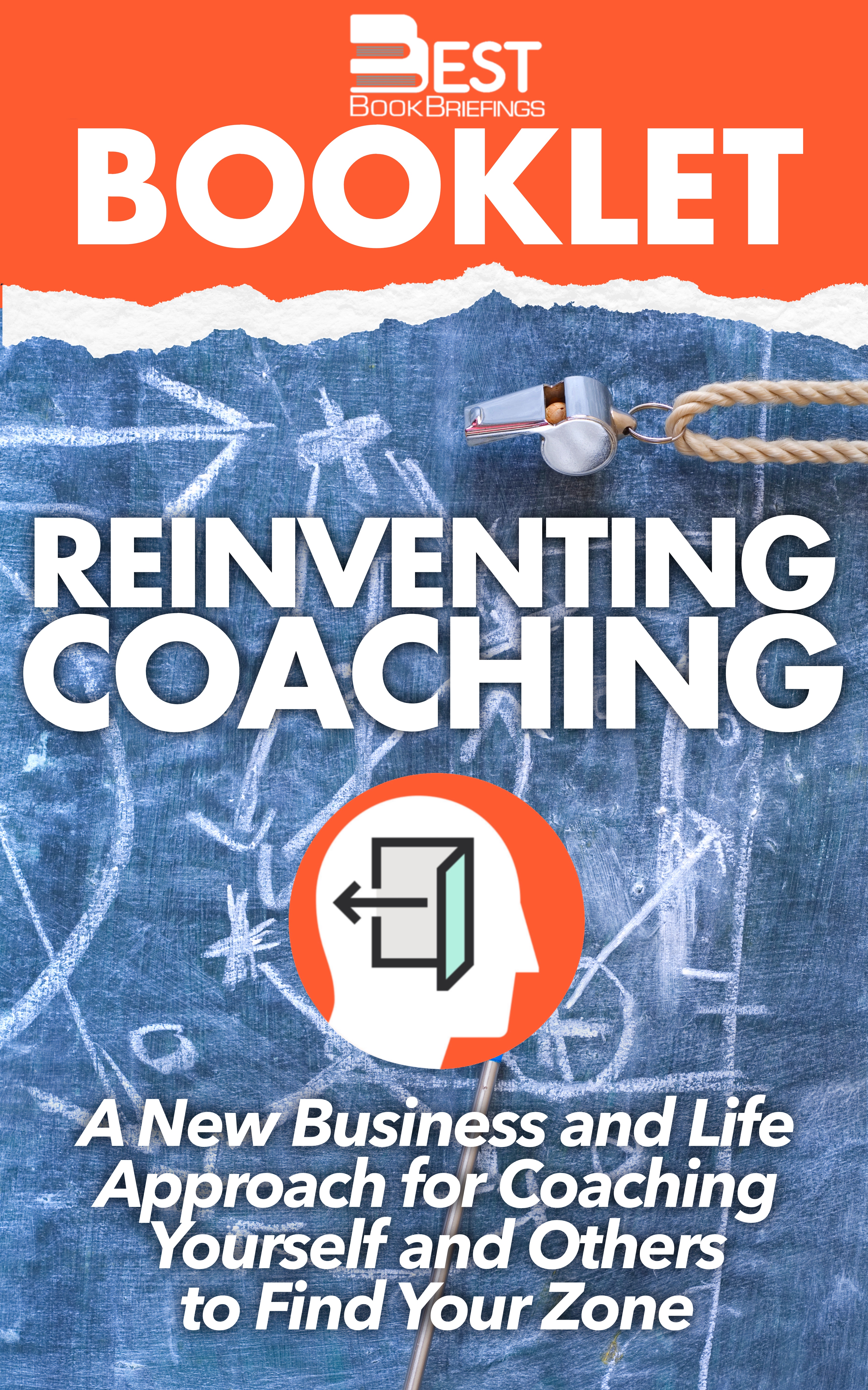Reinventing Coaching
A New Business And Life Approach For Coaching Yourself And Others To Find Your Zone
Editorial Review
Reinventing Coaching presents Coring, a new model that takes traditional coaching to a new level. A new approach aimed to help you find and be in your zone. Coring proves you are valuable; but unless you’re in the right place, your worth will remain hidden and unacknowledged. It’s not a book meant to be read for leisure; it’s meant to be acted upon and used as a manual for improving the reader’s life. Coring is a methodology designed to broaden self-awareness to help individuals set goals and take actions aligned with their core personalities, guiding them to the environment in which they’d thrive.The Coring process is robust. Relying on science and research, it’s built to withstand the common problems facing the self-development field. While people usually seek coaching when they’re facing problems, the authors encourage everyone to use the Coring tool for self-development regardless of whether they’re struggling. Coring isn’t a problem-solving technique; it’s a methodology that will awaken your inner guide and bring you closer to your zone, a habitat that brings out the best you.At the time of writing, there are more than 7 billion people on Earth. It’s time for you to discover who you are among them. What makes you stand out? What makes you authentic? How can you create a life where you’re fully happy and satisfied, even if it’s different from the life your family, friends, and community expect you to live?
Book Reviews
Books on Related Topics

There are so many apparently intelligent people chasing success in the most foolhardy manner. They are manic, hyper and busy to the point of distraction. They might have gotten A’s for effort, but not for intelligence. We live in a “Success Culture”. Many people pursue success as a primary goal in

Unlike many self-help books offering advice on how to improve either your career or your personal life, Coach Yourself to Win bridges the two worlds in order to help you improve your performance whether you're earning your living or living your life. It is written for the vast number of people who seek to create a

Too often, training has been viewed as either a line-management responsibility, or a responsibility of the HR or training department. The truth is: management and HR are jointly responsible. Senior management do not ask enough questions about results, because training costs are budgeted and allocated in ways that create indifference from



